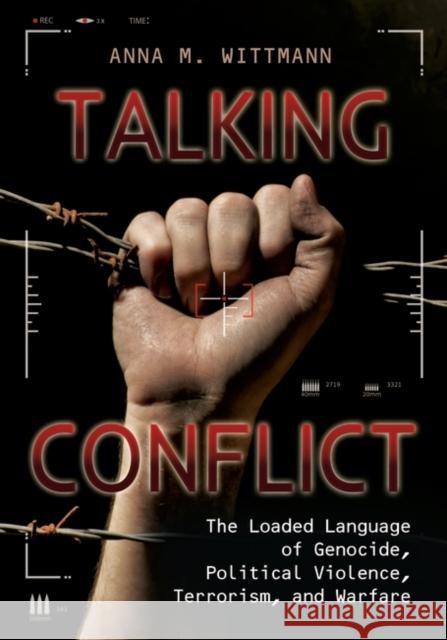Talking Conflict: The Loaded Language of Genocide, Political Violence, Terrorism, and Warfare » książka
Talking Conflict: The Loaded Language of Genocide, Political Violence, Terrorism, and Warfare
ISBN-13: 9781440834240 / Angielski / Miękka / 2016 / 386 str.
Talking Conflict: The Loaded Language of Genocide, Political Violence, Terrorism, and Warfare
ISBN-13: 9781440834240 / Angielski / Miękka / 2016 / 386 str.
(netto: 409,92 VAT: 5%)
Najniższa cena z 30 dni: 426,89 zł
ok. 30 dni roboczych
Bez gwarancji dostawy przed świętami
Darmowa dostawa!
Why is the term "collateral damage" used when military strikes kill civilians? What is a "catastrophic success"? What is the difference between a privileged and unprivileged enemy belligerent? How does deterrence differ from detente? What does "hybrid warfare" mean, and how is it different from "asymmetric warfare"? How is shell shock different from battle fatigue and PTSD? These are only a few of the questions that Talking Conflict: The Loaded Language of Genocide, Political Violence, Terrorism, and Warfare answers in its exploration of euphemisms, "warspeak," "doublespeak," and propagandistic terms.This handbook of alphabetically listed entries is prefaced by an introductory overview that provides background information about how language is used to obfuscate or minimize descriptions of armed conflict or genocide and presents examples of the major rhetorical devices used in this subject matter. The book focuses on the "loaded" language of conflict, with many of the entries demonstrating the function of given terms as euphemisms, propaganda, or circumlocutions. Each entry is accompanied by a list of cross references and "Further Reading" suggestions that point readers to pertinent sources for further research. This book is ideal for students--especially those studying political science, international relations, and genocide--as well as general readers.











